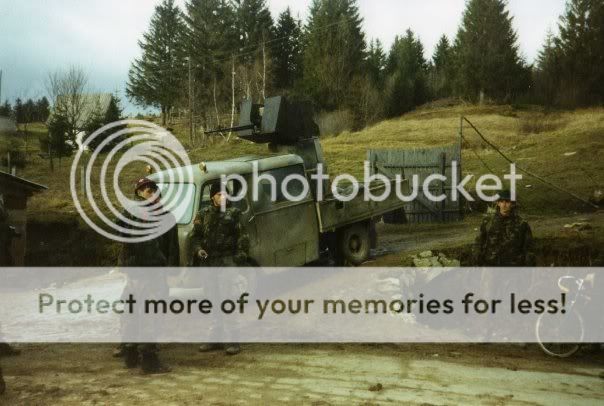- Joined
- Oct 9, 2011
- Messages
- 39,861
- Reaction score
- 7,852
- Location
- Turkey
- Gender
- Female
- Political Leaning
- Other
This weekend, the Bosnian capital of Sarajevo is marking the 20th anniversary of the start of the 44-month siege that came to symbolise the most bloody conflict in Europe since the Second World War. It was sparked by the disintegration of what was Yugoslavia. By the time it ended in an uneasy truce in 1995, it had claimed an estimated 100,000 lives and left around 2.2 million people dispossessed.
Enisa Salcinovic is telling a story. It is one she has told many times before, but her hands are shaking and tears roll down her cheeks as if it happened yesterday. It is a story of war, of killings and rape, of hatred and despair; of the evil people can do to fellow human beings. It is a story of Bosnia.
n April 1992, Enisa, a hospital administrator, her electrician husband Nusret and their two young daughters were living in Foca, a river valley town in eastern Bosnia. One day, without warning, local Bosnian Serbs began rounding up thousands of Muslim and Croat civilians, as they were to do across the country. Much later, it would be given a name: “ethnic cleansing”.
Snipers, who could pick off a child walking hand-in-hand with his grandfather at 500 metres – and did – terrorised the local population. Death came in many guises. The sub-zero winter temperatures took their toll on a weakened population without water, electricity and little, if any, food. Desperate Sarajevans cut down almost every tree in the city and dug up bushes to burn to stave off the cold. When there was no plant life left, they burnt their books and their furniture.
Sarajevo, 20 years on - Telegraph
Enisa Salcinovic is telling a story. It is one she has told many times before, but her hands are shaking and tears roll down her cheeks as if it happened yesterday. It is a story of war, of killings and rape, of hatred and despair; of the evil people can do to fellow human beings. It is a story of Bosnia.
n April 1992, Enisa, a hospital administrator, her electrician husband Nusret and their two young daughters were living in Foca, a river valley town in eastern Bosnia. One day, without warning, local Bosnian Serbs began rounding up thousands of Muslim and Croat civilians, as they were to do across the country. Much later, it would be given a name: “ethnic cleansing”.
Snipers, who could pick off a child walking hand-in-hand with his grandfather at 500 metres – and did – terrorised the local population. Death came in many guises. The sub-zero winter temperatures took their toll on a weakened population without water, electricity and little, if any, food. Desperate Sarajevans cut down almost every tree in the city and dug up bushes to burn to stave off the cold. When there was no plant life left, they burnt their books and their furniture.
Sarajevo, 20 years on - Telegraph

